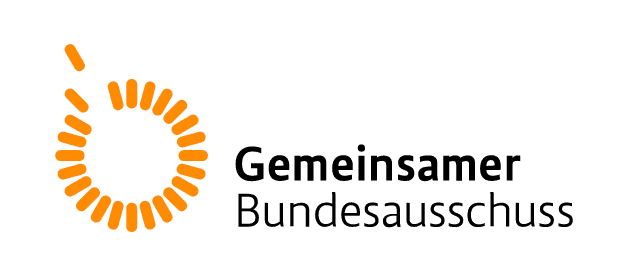

The
Sign up for free.

The Gemeinsamer Bundesausschuss (G-BA) is the highest decision-making body of the joint self-administration in the German healthcare system. It was established on January 1, 2004, by the Health Modernization Act and took over the mandates of its predecessor organizations, including the former federal committees of physicians, dentists, and statutory health insurance, as well as the hospital committee and the coordination committee[2].
The G-BA consists of four major self-administration organizations: the Kassenärztlichen Bundesvereinigung (KBV), the Kassenzahnärztlichen Bundesvereinigung (KZBV), the Deutsche Krankenhausgesellschaft (DKG), and the Spitzenverband Bund der Krankenkassen (GKV-Spitzenverband). These organizations appoint a total of ten members to the G-BA's decision-making body, the plenum. Additionally, three impartial members are proposed by mutual agreement, who take on the chairmanship and lead the meetings[4].
The G-BA fulfills its legally assigned tasks mainly by adopting guidelines that are binding within the statutory health insurance (GKV). These guidelines define which specific health services are covered by the GKV and include areas such as quality assurance and quality management of outpatient, dental, and inpatient services. The G-BA plays a central role in defining what "sufficient, appropriate, and economical" means in healthcare[3][5].
The main mission of the G-BA is to ensure that healthcare in Germany is provided on a scientifically sound basis, transparently, and cost-effectively. The G-BA is committed to considering the legitimate interests of all parties involved and upholding the principles of economy and quality. Patient representatives are involved in all G-BA meetings and have the right to place topics on the agenda, but do not have voting rights[2][3].
The G-BA also has a legal mandate to promote projects for new forms of care and healthcare research. The Innovation Committee at the G-BA sets the priorities and criteria for funding, conducts calls for proposals, and decides on the applications received for funding. These initiatives aim to continuously improve healthcare and support innovative approaches[3][5].
The work of the G-BA is based on the legal provisions in the Social Code, Book Five (SGB V). The G-BA is under the legal supervision of the Federal Ministry of Health (BMG), which reviews the decisions and guidelines of the G-BA and publishes them in the Federal Gazette if there are no objections[2][3].
Thus, the G-BA is a central authority that ensures and continuously improves the quality, efficiency, and innovative capacity of the German healthcare system.